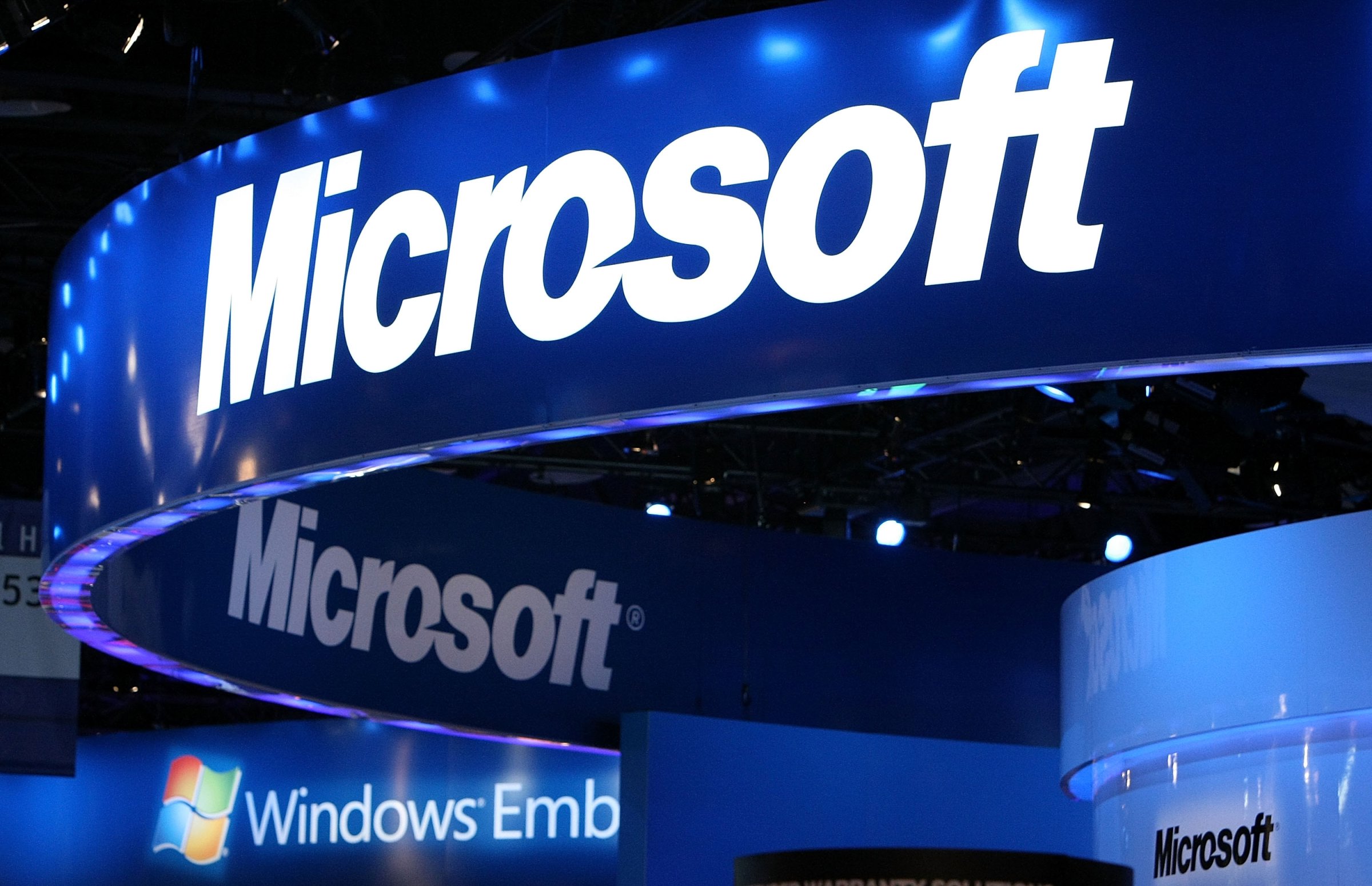
It’s not every day you see Microsoft and Apple or Fox News and NPR going to bat for the same team — but that’s exactly what’s happening now, in a case that could have big consequences for American tech and media companies.
Last December, a Federal judge granted U.S. investigators a warrant to access a Microsoft user’s emails, stored in a data center in Dublin, Ireland, in relation to an investigation. Microsoft said no way, arguing the U.S. government has no right to issue a warrant for emails stored abroad.
Microsoft has good reason to reject the government’s demands here: If would-be Microsoft customers outside the U.S. start thinking their emails are subject to U.S. warrants, they might think twice about becoming Microsoft customers. Indeed, top tech firms have already lost big overseas contracts over fears that American services are subject to National Security Agency snooping.
Microsoft has yet to convince any court to overturn the original warrant. A magistrate first ruled against Microsoft’s challenge in April. The company got another defeat in August when U.S. District Judge Loretta Preska found that it wasn’t a matter of where Microsoft stored the emails, but rather where Microsoft and the user in question were themselves based.
However, Microsoft still refused to hand over the user’s emails. The company filed a new appeal last week, arguing that a ruling against Microsoft threatens the privacy of foreign users and Americans alike as more people choose to store their emails and other sensitive documents in off-site cloud servers instead of local hard drives.
“We believe that when one government wants to obtain email that is stored in another country, it needs to do so in a manner that respects existing domestic and international laws,” Microsoft General Counsel Brad Smith wrote Monday. “In contrast, the U.S. Government’s unilateral use of a search warrant to reach email in another country puts both fundamental privacy rights and cordial international relations at risk.”
And that’s where Microsoft’s strange bedfellows come into play. Rival tech companies like Apple, Amazon and HP, as well as news organizations from across the political spectrum like CNN, Fox News, NPR and The Guardian, have all signed amicus briefs supporting Microsoft’s fight to keep its users’ emails away from the U.S. government. It may seem weird for these companies to work together on just about anything else, but it makes sense here: technology companies have a business interest in keeping users’ communications private, while media outlets don’t want their reporters’ messages to fall into the government’s hands.
“The government’s position . . . will significantly deter the use of remote data management technologies by businesses and individuals, particularly their use of U.S. cloud services providers, and thereby undermine a significant contributor to U.S. economic growth,” reads an amicus brief filed in the case by the Business Software Alliance, a trade group that counts Microsoft, Apple, Intel and other top tech companies as members. “There is no basis in law for the extraordinary result sought by the United States.”
Whatever happens in the Microsoft case, then, could have big privacy implications for businesses and users alike. There probably won’t be a resolution until late 2015 at the earliest, but some observers expect this one to wind up all the way at the Supreme Court.
More Must-Reads from TIME
- Donald Trump Is TIME's 2024 Person of the Year
- Why We Chose Trump as Person of the Year
- Is Intermittent Fasting Good or Bad for You?
- The 100 Must-Read Books of 2024
- The 20 Best Christmas TV Episodes
- Column: If Optimism Feels Ridiculous Now, Try Hope
- The Future of Climate Action Is Trade Policy
- Merle Bombardieri Is Helping People Make the Baby Decision
Contact us at letters@time.com